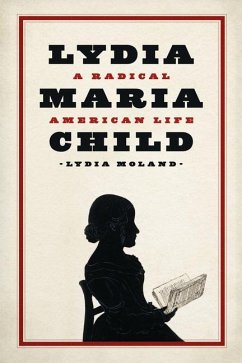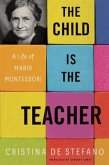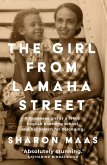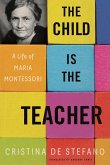"Lydia Maria Child (1802-1880) was for a time one of America's most beloved authors, known for household manuals and children's poems, including the immortal "Over the River and Through the Wood." But in 1833, having converted to the abolitionist cause, Child published An Appeal in Favor of that Class of Americans Called Africans, the first book-length condemnation of slavery printed in the United States. Child's book created an immediate uproar and catapulted her into the life of an activist. Lydia Maria Child became one of the most consequential radicals of nineteenth-century America. In this biography of Child, Lydia Moland foregrounds Child's struggles of conscience and the meaning they held for her life-and, potentially, for ours. In her first career, Lydia Maria Child achieved what almost no woman in history had before-she was a self-sufficient female author. What, then, made her throw it all away to write An Appeal? The scandal of that book caused sales of her other books to plummet, polite society to cast her out, her beloved husband David to be jailed for libel, and the two rendered penniless. Yet Child soon drew untold numbers to the cause of abolition with her writings and her deeds. Thomas Wentworth Higginson and Charles Sumner both credit her with their conversion. During the Civil War, the Union Army distributed her words to 300,000 troops to help weary soldiers justify their sacrifice. She spirited endangered abolitionists out of the country, protected activists from angry pro-slavery mobs with her own body, and helped Harriet Jacobs edit Jacobs's autobiography, the most influential slave narrative by a woman in American history. Moland's biography restores this brave and brilliant woman to her proper place in American history while showing how her example answers these urgent questions: When confronted by sanctioned evil or systematic injustice, how should a citizen live? What prompts moral change? When do we have a duty to disobey unjust laws? Child's story is one from the past with much to teach us about our present"--








